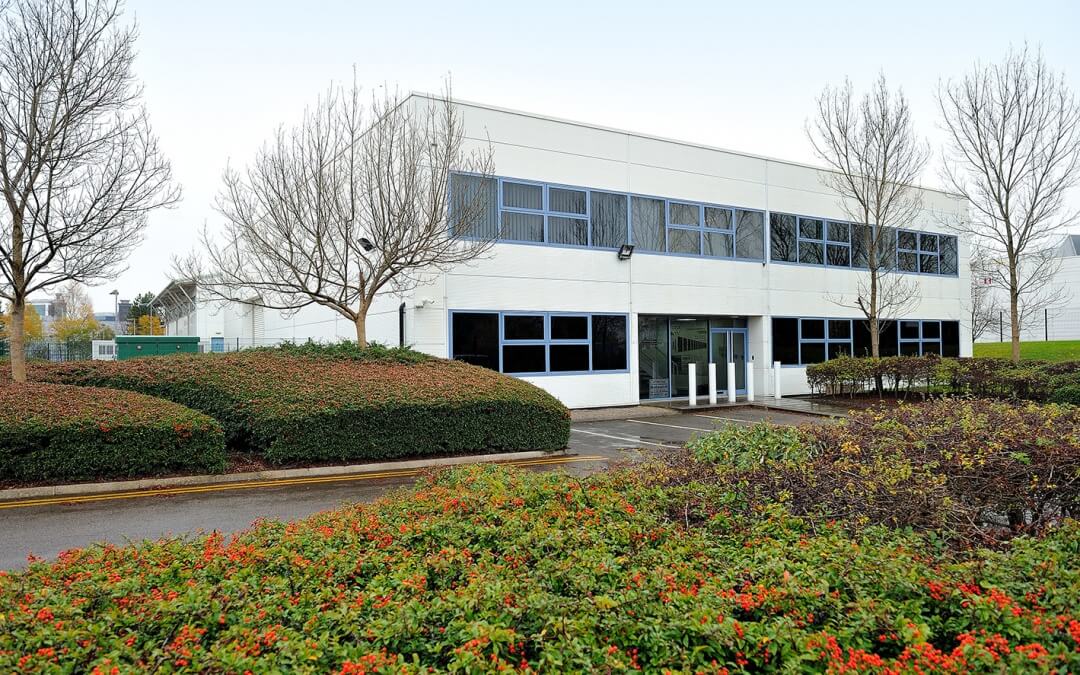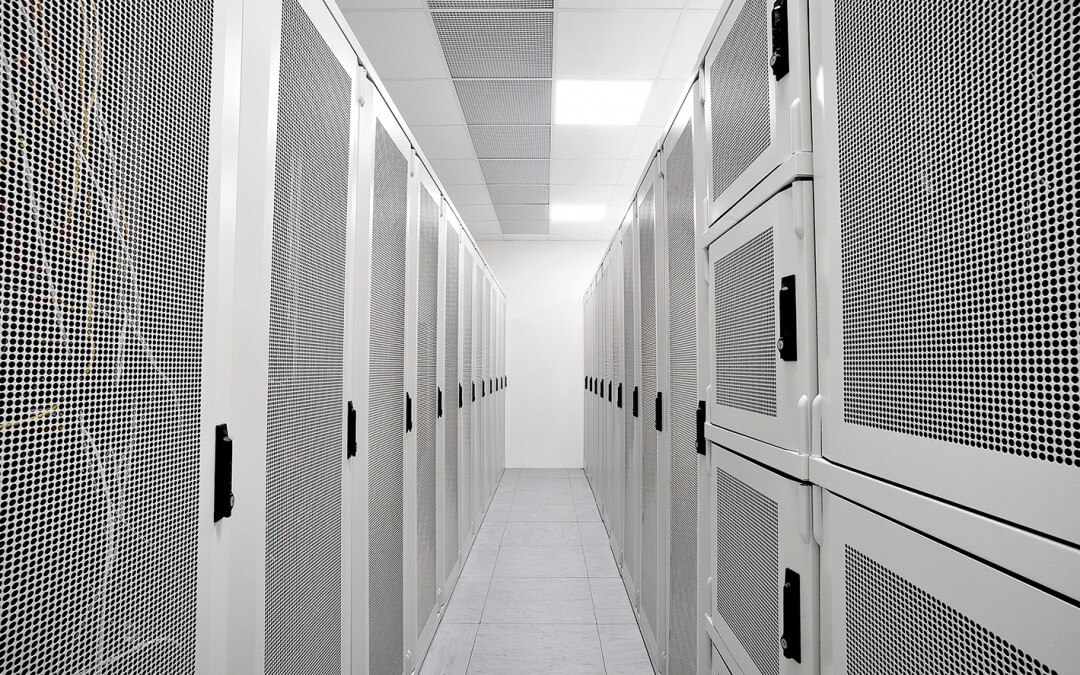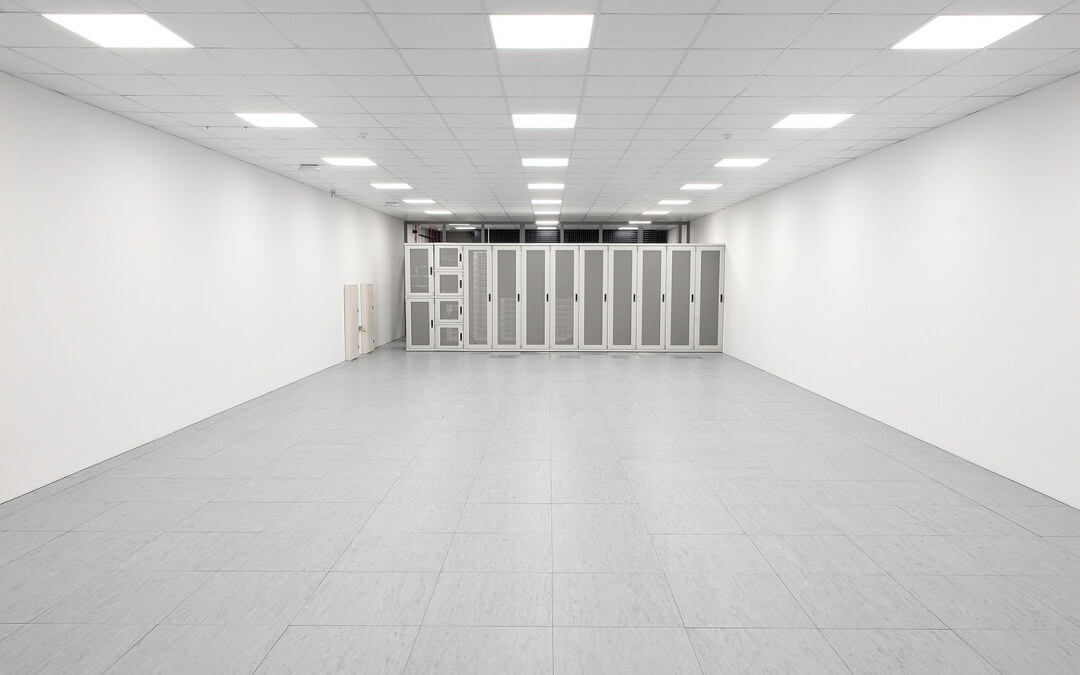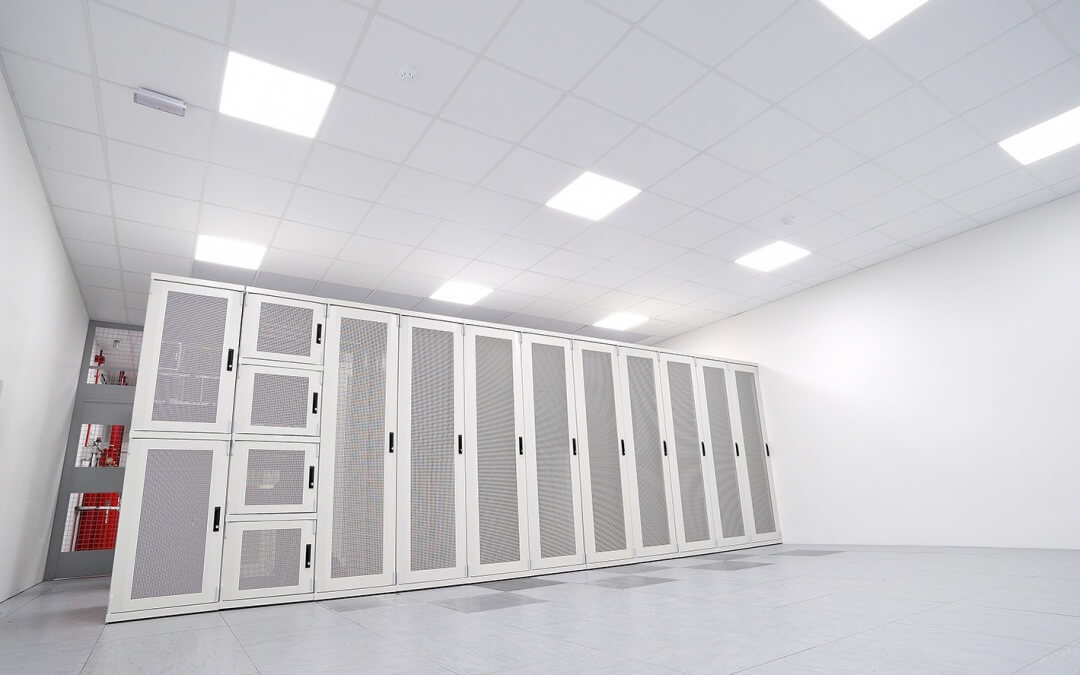
by LDeX Group | Feb 15, 2017 | Blog
In January 2013, we switched our electricity supply to 100% renewable energy sources. Now, we’re taking another look at the future of the data centre, which is looking greener than ever. Here are some of the ways the industry is doing its bit for the environment, from the bizarre to the simple!
Artificial Reef Data Centres
Microsoft recently filed a patent to create ‘artificial reef data centres’ that will provide an underwater home for ocean life, as well as its servers. This innovation comes with other benefits – the temperature of the data centre’s underwater environment will lead to hugely reduced cooling costs.
These is an extreme way to save energy, but Microsoft aren’t the only company who are realising the benefits of being greener. Here are some of the slightly simpler ways that you can still make a significant impact.
Cooling
Air Conditioning
As well as being more friendly to the environment, eco-friendly data centre design and products can reduce costs. Cooling and air conditioning can lead to huge energy bills, as well as using up plenty of energy. Many companies are realising this and taking steps to alter their design and cooling systems in order to reduce energy use and power their servers more efficiently.
Facebook has taken this a step further and has chosen Luleå in Sweden as the site of one of its data centres, where free air cooling means that over the last year, the company has been able to achieve a power usage effectiveness ratio of 1.09. This means that for every watt spent on IT gear, 0.09 watts are spent on supporting it, making this rating much lower than the data centre industry average of 1.5 to 1.9.
Layout
If, however, you don’t have the time, money or desire to relocate your data centre to a colder or sub-aquatic location… there are still measures to take to become more energy efficient.
Optimising the layout of equipment can save energy and money. For example, designs that allow hot air to be ejected from the data centre can go a long way towards saving money – temperature control by just one degree can increase savings by 4%!
ISO50001
ISO50001 is an international standard, to achieve the standard companies have to take steps to improve their energy performance. It is one of the accreditations LDeX currently holds – view our full accreditation list.
This ISO accreditation helps to reduce CO2 emissions and overall energy consumption.
So, as LDeX, and other data centre providers are focusing on making their sites more efficient, we hope that this will encourage others in the industry to follow suit!
Looking for an environmentally-friendly data centre?
If you’re looking for a carbon neutral colocation solution, LDeX can help! Learn more about our London and Manchester data centres.

by LDeX Group | Jan 31, 2017 | Blog
Security and high availability are top priorities for businesses, so it is easy to feel bombarded with different solutions and ways to best store and secure their data. So how do you know what is the best option for your business? Here we compare two of the most popular solutions – colocation and on-premise.
The decision between colocation and on-premise solutions should be made based on the nature of your business and its aims.
Although both options allow you to use your own equipment and be in control of how and where your data is stored and managed, it is always worth weighing up the benefits of each before you commit to one.
Definitions
What is Colocation?: Colocation, or colo, is a data centre facility which allows customers to rent rackspace from a provider. You can then install your own servers and equipment which you can freely access to perform checks, maintenance or updates. The colocation provider will handle power, cooling, bandwidth and physical security.
What is on-premise?: With an on-premise solution, you store your servers and other equipment in your own building e.g. an office, or data centre. This means that you are responsible for all aspects of security, power, cooling etc.
On-premise storage is a good option for businesses that have the space, connectivity, security, and a dedicated IT team to constantly monitor for issues. For companies that have the initial capital that will allow them to regularly update infrastructure, on premise storage solutions can be suitable. Businesses who worry about handing over their sensitive data to an external provider also often prefer on premise solutions, as this means that their data is constantly visible and accessible.
However, colocation is often a more flexible option, as companies can scale their colocation space upwards, so that the amount of data storage available can easily grow with the business. This makes it a good choice for businesses who are quickly growing.
Colocation facilities often also come with extra physical space, cooling facilities and fast network access, which keeps data and critical applications safe and can increase productivity for companies.
Another major benefit of colocation is that it usually comes with thorough security measures. Colocation providers will often have a combination of physical and virtual security measures in place, such as CCTV, biometric security, and fire suppression systems. This type of security is becoming more and more important, particularly for businesses in the financial, legal or retail sectors, who often hold sensitive data and have to comply with certain regulations.
At LDeX, we offer adaptable colocation solutions to suit our customers in a wide range of industries.Our colocation solutions range from private racks to dedicated private suites in both our London and Manchester data centres.
Ultimately, the decision on how and where business should store their data and applications depends on your needs. Whether you’re looking for faster connectivity, peace of mind, or data storage that can expand with your business, LDeX has the solution for you.
Find out more about our colocation services here.

by LDeX Group | Dec 21, 2016 | Blog
It’s safe to say that 2016 has been a year full of surprises – but what will next year hold?
Data is being created and collected at a faster rate than ever before, and this rapid growth is only expected to continue. Therefore, the data centre industry is likely to evolve next year to meet the new storage needs of businesses.
With this in mind, we’ve taken a look at what 2017 might hold for the data centre industry:
- The cloud
Cloud solutions have become an increasingly popular choice for businesses, often due to their scalability and flexibility. These have become important requirements, particularly now that 25% of businessesplan to invest in big data over the next two years, and will need solutions that can handle large and rapidly changing amounts of data.
- Data centre security
The arrival of the new year means that the new General Data Protection Regulations (GDPR) will only be one year away. Coming into force in May 2018, these regulations will encourage a stricter enforcement of the data security measures within Europe. If companies don’t comply with these regulations, they may face extreme fines of up to €20 million, or 4% of global turnover.
Therefore, data centres and businesses alike will be looking to adjust their security measures in order to make sure that they don’t get on the wrong side of GDPR. In many cases, this will mean investing in disaster recovery solutions or looking for data storage solutions with strong physical and virtual security measures.
- Automation and machine learning
This year, we’ve seen data centres starting to embrace machine learning in order to become more efficient. In some cases, artificial intelligence and machine learning algorithms have cut data usage by as much as 15%.
Automated processes can allow decisions to be carried out quickly with minimal processing power, so we are likely to see many more data centres taking advantage of this next year.
- A greener industry and smarter data centres
Greener thinking may be a common New Year’s resolution across the data centre industry in 2017. This year, The Independent reported that data centres now consume about 3% of the global energy supply, and this amount is expected to triple over the next decade.
Data centres across the world are now taking steps to become more energy efficient, from being powered entirely by renewable energy, to designing micro-outdoor data centres to save energy. We are likely to see more of these innovations next year as the data centre industry strives to become more environmentally friendly.
If you’ll be looking for a new data centre or colocation solutions next year,find out more about us here.

by LDeX Group | Nov 28, 2016 | Blog
If you’re a broker, you’ll most likely be painfully aware of SSP Worldwide’s outages this year. But, in case you haven’t heard, the insurance software solutions provider has had two outages this year which both stemmed from data centre or cloud issues. In September, many brokers who use the firm’s Pure Broking Platform were unable to trade for a fortnight, leaving them facing regulatory action from the Financial Conduct Authority.
These outages serve as a reminder of how important it is to have a contingency plan in place to protect business-critical data. Data is increasingly central to the day-to-day operations of businesses, and it’s crucial to consider what would happen if it was lost.
Using an external data centre provider to store important information comes with plenty of benefits, including a dedicated team of experts to monitor and fix any issues, scalable and flexible storage, and increased uptime. However, before entering into a contract with any third-party provider, companies should ensure that there is a contingency plan in place in case anything goes wrong.
At LDeX, we take disaster recovery very seriously and offer a range of services to help provide peace of mind for our customers. Our colocation services are available in both our LDeX1 and LDeX2 facilities, so that data stored in one site is always ready to go live if disaster strikes. Our hybrid cloud solutions, extra generators, cooling technology and disaster recovery solutions are also all designed to keep your important data safe – find out more here.
by LDeX Group | Nov 15, 2016 | Blog
According to The Independent, the power used by data centres accounts for approximately 3% of the global electricity supply – and with the rate at which data is being created, this percentage is only set to rise.
Now more than ever, data centres should be doing whatever they can to minimise the impact of their energy use. However, hyper-scale amounts of energy and the increasing popularity of web-scale IT systems mean that advancements in hardware generally seem to be at odds with the goal to become more energy efficient.
However, there have been improvements, such as making the best use of outdoor air and data centre design, as well as companies choosing site locations that make use of renewable energy. But the storage industry should always be looking for alternative ways to save energy – which is where artificial intelligence (AI) can play a part.
In October, Google announced that its DeepMind AI software reduced the cooling bill for the company’s data centres by 40%. This technology uses data such as temperature readings, power usage, and pump speeds to improve energy efficiency. Whilst this software may not be as effective for smaller data centres, it’s a step in the right direction.
More recently, researchers at Lancaster University created a self-assembly software system driven by AI. The machine-learning tool uses search and sort algorithms and memory caches to help it alter its own behaviour and carry out server tasks in the most efficient way.
This software can cut data centre running costs significantly, and could signal the dawn of a more efficient era for the data centre industry. With so much more data being created, artificial intelligence could help adapt to the changing demands of data centres, now and in the future.
At LDeX, we’re committed to exploring new ways to save energy – click here to find out more.

by LDeX Group | Oct 28, 2016 | Blog
Marmite, Vauxhall cars and now Microsoft’s Azure – the impact of the falling pound is being felt in every sector.
Microsoft is expected to increase its UK prices by as much as 22% in January due to the recent decline of the pound. Its Azure platform is incredibly popular with businesses, but this price increase means that firms may struggle to keep their data with Microsoft and, if they follow suit, Amazon Web Services and Google Cloud.
So, what does the future hold for the data storage industry? As the triggering of article 50 looms nearer, businesses may seek less expensive ways to store their data. Companies may understandably begin to look for scalable storage methods that allow them to stay in control of their data in an uncertain business landscape.
Colocation is a cheaper solution that combines fast connectivity with peace of mind. It allows businesses to take advantage of scalable, state-of-the-art infrastructure which is managed 24 x 7 by a dedicated team, leaveing the business to focus on their own objectives.
We understand that this is what organisations need in periods of change, which is why we provide flexible and reliable colocation solutions. We offer dual site options as well as a choice of colocation at our London or Manchester sites, along with a wealth of security solutions to keep your data safe.
If you want to find out more about what we can offer your business, click here.





